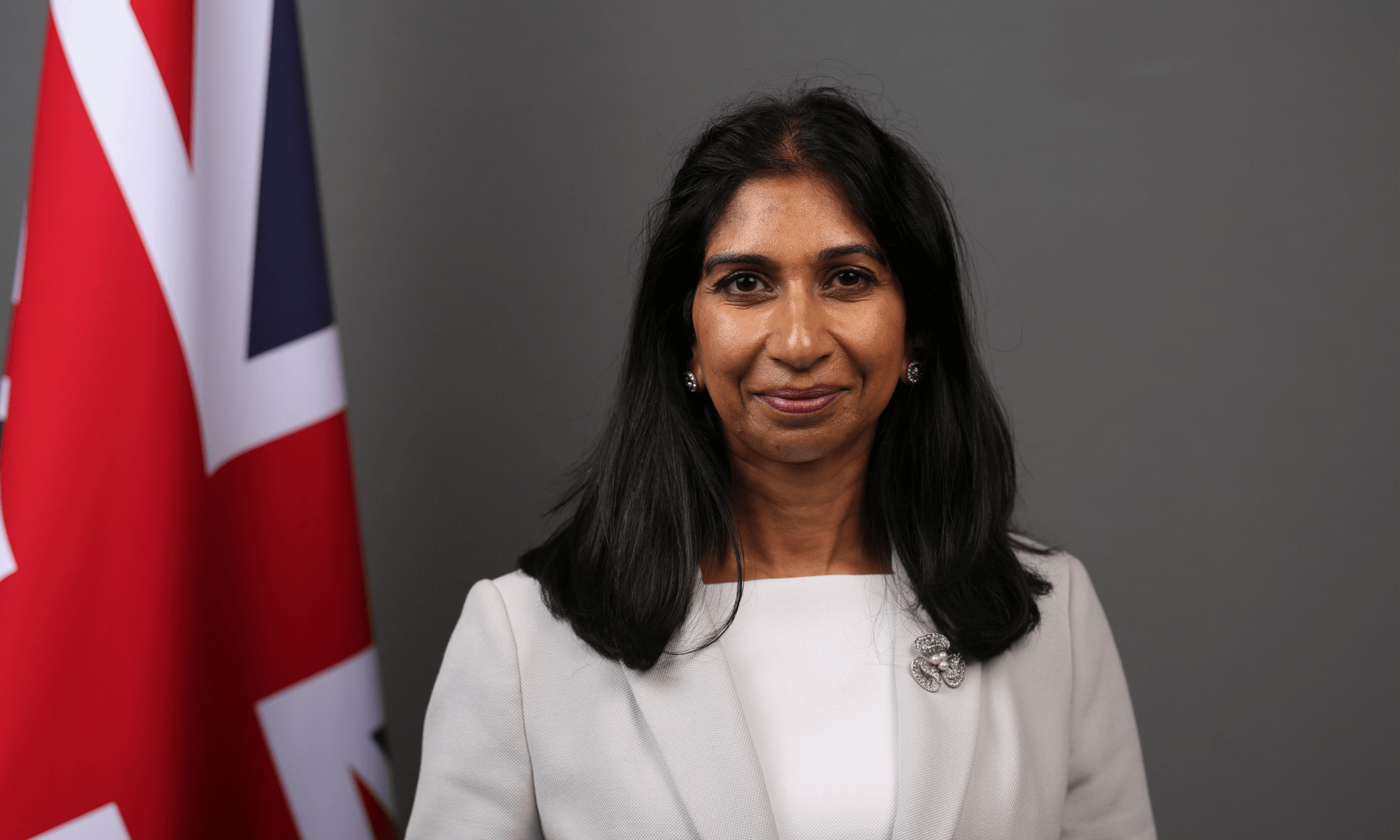
Canva
Tory foreign aid cuts were a warm-up act to get the UK used to selfishness as policy
Slashing foreign aid budgets is about training the British public to ignore those most in need – both overseas and at home.
Mishti Ali
25 Jan 2021
Last week former prime minister Theresa May penned a piece for the Daily Mail. In it, May strongly criticised the current government’s decision to drastically cut foreign aid, alleging that Boris Johnson had “abandoned” moral leadership on the world stage. Neo-colonial fantasies aside, May’s critique reignited a conversation about the controversial cuts to foreign aid, rationalised by Johnson’s government as necessary in order to conserve funding for the UK’s domestic population. But as headlines pile up about financially vulnerable families at home, facing a precarious future with no funding forthcoming, the question has arisen: what was the real purpose of axing foreign aid?
Under the last Labour government, stats released by the Department for International Development (DfID) in 2010, demonstrated that the UK’s foreign aid spending was the highest proportion of GNI since 1964. During David Cameron’s tenure as prime minister, this figure continued to rise, and was maintained under Theresa May. Yet when Boris Johnson ascended to the top job, it was announced in November 2020 that foreign aid is to be reduced to an even lower proportion than over a decade ago. Experts have warned the cuts will be deadly, with women and girls hardest hit and millions losing access to “life-saving” services. Whilst spending was once defended on grounds of the UK’s global leadership, it seems that the withdrawal from society has taken place on both a domestic and international scale. A new set of “British values” are in place, ones which prioritise selfishness and reject compassion.
A certain nationalistic rhetoric has been key in justifying the UK’s foreign aid cuts and falling international contributions. “The first duty of the British government is to its subjects,” declared Victorian caricature Jacob Rees-Mogg in defence of the plans. Chancellor Rishi Sunak explained that “this is about trying to focus on the priorities that the British people have at a time of enormous difficulty”.
“The link drawn between domestic policy and foreign policy by the Tories encourages us to believe that the money is finite and that we ought to choose selfishness over compassion”
It’s the same sentiment which underpinned the (false) claim on the side of Boris Johnson’s notorious Brexit bus, that the UK was paying £350m per week to the European Union. Leaving the EU, the bus promised, meant reclaiming that cash for the NHS (which of course, hasn’t happened). Clearly, the link drawn between domestic policy and foreign policy by the Tories encourages us to believe that the money is finite and that we ought to choose selfishness over compassion.
Yet thus far, the UK hasn’t seen much – if any – of the funds supposedly clawed back thanks to foreign aid cuts. So if this money was meant to help our own, why is UNICEF having to feed hungry children in the UK for the first time in the organisation’s 70-year history? Clearly, the promised support for the UK’s most needy has not materialised. Instead, the situation gets tougher and tougher for UK households that need extra help, particularly in the midst of the pandemic.
More children than ever have applied for free school meals over the past year, while simultaneously the government has repeatedly attempted to remove the offer of supplementary vouchers for FSM recipients during school holidays. Tories are currently also battling to cut a weekly benefit increase of £20 (an extra £1040 a year), brought in to try and ease financial difficulties during the pandemic. This is despite the fact that the pandemic is very much still in full swing; the country faces a national lockdown potentially until May, with UK unemployment predicted to surge to 7.5% by the middle of 2021 and few relief programs available after the end of the furlough scheme in April.
So if Boris Johnson’s crusade to cut foreign aid wasn’t about diverting funds to help the UK’s most needy, what was the point? It seems it was an operation in laying the groundwork for domestic cuts – to get UK citizens used to ignoring the cries of people falling behind and normalising a smaller state.
“Far from being a tool to claw back some cash to help our ‘own’, foreign aid cuts are nothing more than a warm up to get the British public used to the idea that slashing aid budgets is standard”
This isn’t a recent trend in the UK’s political landscape by any means. Margaret Thatcher’s infamous declaration that “there is no such thing as society” is one that informs the highly individualistic version of the UK we see today. And it’s worked; the British public has been trained to look at numbers instead of people, with hyper-focus on ‘value for money’. Take the outcry surrounding images of meagre ‘hampers’ given to children on free school meals, featuring tuna portioned into pots and grated cheese in moneybags. Much of the horror was based upon the understanding that those households were being shortchanged – with the parcels clearly worth far less than allotted £30 – rather than the fact they are being asked to survive on such scraps in the first place.
By presenting foreign aid and generous domestic spending as financially unsustainable, despite the UK being crowned the fifth richest country in the world just five years ago, politicians have encouraged us to obsessively budget, on both a micro and macro scale. When this has been encouraged for so long, it’s no surprise that the resultant wealth-hoarding reaction has turned out to bite us on the backside.
Both domestically and internationally, the constant tightening of the state’s purse strings is an issue of race and class. Recent foreign aid cuts will represent a loss of about £4bn that will affect the most vulnerable in Pakistan, Ethiopia, Afghanistan, Yemen and Nigeria, countries with population majorities of Black, Asian and Middle Eastern people.
On the home front, figures show that the children reliant on free school meals in the UK are disproportionately from minority backgrounds. Children of Gypsy, Roma and Irish traveller heritage, as well as children who are mixed-race white and Black African or Black Caribbean are most likely to be eligible. Only 38% of white British households are in the bottom two quintiles of incomes, compared to over half of Black, Pakistani and Bangladeshi counterparts.
Additionally, fear mongering rhetoric around “benefits scroungers” has begun melding with anti-immigration messaging, with articles in right-wing tabloids creating a false spectre of the “dangerous foreigner” who lives off welfare payments courtesy of the state, while enacting harm on British citizens. Cuts to domestic aid may well affect white British citizens but it’s a worthy sacrifice they’re told, so long as those ‘pesky foreigners’ – aka any person of colour – can’t access them too.
Far from being a tool to claw back some cash to help our “own”, foreign aid cuts are nothing more than a warm up, a dry run to get the British public used to the idea that slashing aid budgets is standard. The end goal? To further aid the dismantling of the UK’s safety nets and shatter the concept of state responsibility. Don’t let them fool you; cutting off those overseas is as good as snipping off our own nose to spite our face.

All the bad bills the Tories are pushing through this year

Nadia Whittome: ‘The Tories have made their choice: protect the rich, condemn the rest’

Revealed: ‘Shocking’ number of asylum seeker infant deaths in Home Office housing






